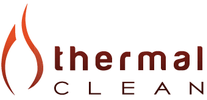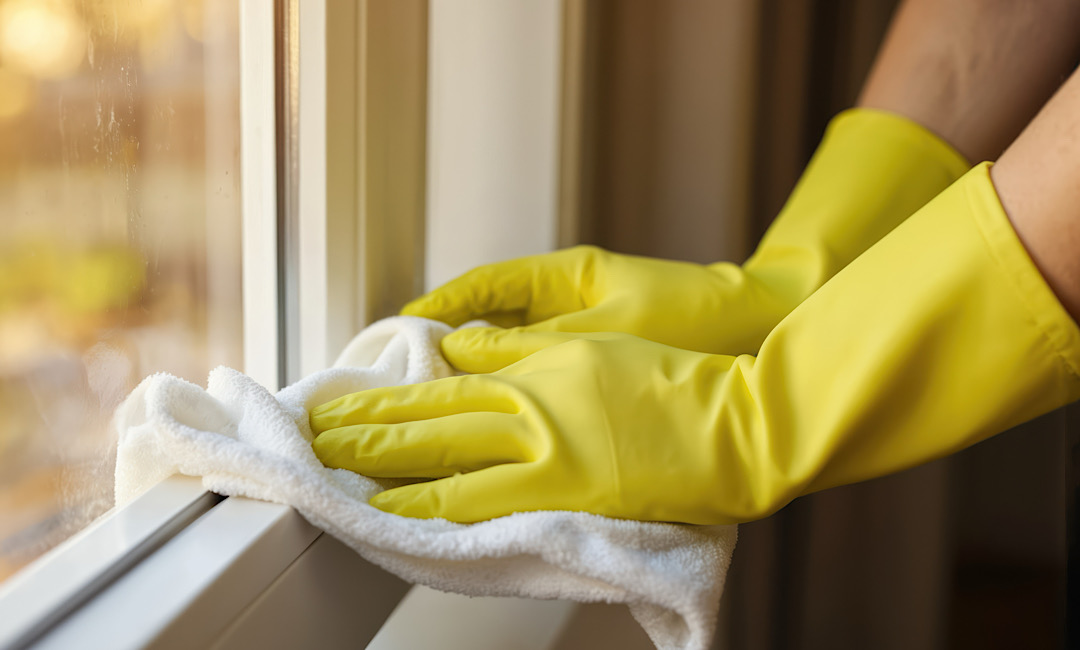At first glance, handling pest problems on your own might feel like the smart, budget-friendly choice. You can buy traps, sprays, or baits at your local Denver hardware store, apply them on your schedule, and avoid the upfront cost of a professional exterminator. But in practice, do-it-yourself pest control often leads to recurring infestations, hidden expenses, and more frustration than expected. For many homeowners, it ends up being more costly — financially and emotionally — than hiring a trusted expert.
Denver’s climate, with its dry air, fluctuating seasons, and dense urban areas, creates unique pest conditions. Ants, spiders, rodents, cockroaches, wasps, and bed bugs are all common here, and they each require different treatment strategies. The idea that a single spray or trap can solve the problem quickly and permanently doesn’t usually reflect how pests behave, especially in a complex environment like the Front Range.
When you look beyond the sticker price of a product on a store shelf, the true cost of DIY pest control becomes much clearer. Between the time spent troubleshooting, the need for repeat applications, and the risk of missing the root of the problem, doing it yourself rarely pays off in the long run.
Why DIY Pest Control Is More Expensive Than It Seems
The price tag on pest control supplies can be deceptive. While it may seem like you’re saving money by buying your own products, those items often need to be used more than once — sometimes over weeks or months. Without professional-grade materials or training, the average homeowner ends up using more product, applying it more often, and still struggling with recurring infestations.
Common hidden costs of DIY pest control include:
- Frequent repurchase of baits, sprays, or traps that only provide temporary relief
- Additional damage to furniture, drywall, or wiring caused by persistent pests
- Time lost researching pests, applying treatments, and monitoring progress
- Health concerns from overexposure to chemical products
- Increased stress or sleep disruption due to unresolved infestations
A quick fix can easily turn into a long-term problem. Many DIY methods treat surface-level symptoms but fail to eliminate nesting sites or breeding zones. Without access to professional detection tools or knowledge of pest behavior, infestations often go deeper than they appear.
Challenges of DIY Pest Control in Denver’s Climate
Colorado’s weather and geography introduce additional complications to pest control. High-altitude air impacts moisture levels, temperature swings push pests inside seasonally, and densely packed neighborhoods create conditions for pests to migrate between units or buildings.
Certain pests, like ants or spiders, burrow into deep crevices and wall voids where sprays don’t reach. Bed bugs and cockroaches can survive inside furniture, behind baseboards, or inside electrical outlets. Mice often enter through hidden gaps around foundations or utility lines, making it hard for DIY approaches to reach their nests.
Environmental and structural factors that reduce DIY effectiveness in Denver:
- Shifting temperatures encourage pest movement and reproduction indoors
- Older homes may have hidden entry points or structural vulnerabilities
- Dry air limits the effectiveness of gel-based baits or moisture-dependent traps
- Lack of visibility into inaccessible areas allows infestations to grow unchecked
When these challenges combine with limited product effectiveness, homeowners can end up dealing with the same issue repeatedly — spending more on treatments while pests continue to thrive.
What Professional Pest Control Really Offers
Professional pest services provide more than just stronger products. Licensed exterminators use targeted strategies that address the specific pest, its life cycle, and how it behaves in Denver’s environment. They conduct inspections, identify entry points, apply proven methods, and follow up to ensure success.
Key benefits of professional pest control include:
- Accurate identification of the pest and the full extent of the infestation
- Use of commercial-grade products that are not available to consumers
- Application methods that are safer, more precise, and longer-lasting
- Custom treatment plans tailored to your home and the local climate
- Access to non-chemical or eco-friendly options, such as heat treatment
- Ongoing prevention strategies and expert recommendations
Professional pest control companies also offer warranties or service guarantees, giving you peace of mind that if the pests return, so will the technician — often at no extra cost. That level of support simply doesn’t exist with off-the-shelf treatments.
Comparing the True Value of DIY vs Professional Service
It’s easy to underestimate how much DIY pest control can cost over time. The initial savings can quickly disappear when pests return, spread, or require additional cleanup and repair. The value of professional service becomes clear when the problem is resolved efficiently, with minimal disruption and no guesswork.
Professional pest control offers advantages in:
- Efficiency — treatments are usually completed in fewer visits
- Effectiveness — pests are targeted at the source and prevented from returning
- Health and safety — reduced exposure to harmful chemicals
- Time savings — no need to research, apply, or troubleshoot repeatedly
- Peace of mind — knowing the problem is being handled correctly
Instead of spending on multiple rounds of sprays and traps that don’t solve the problem, homeowners who invest in professional services often see faster, safer, and more reliable results. In many cases, the up-front cost pays off by preventing larger infestations that require more complex (and costly) intervention.
When DIY Is Appropriate — and When to Call the Pros
There are times when a do-it-yourself approach can be effective. Spotting a single ant trail in the kitchen, a wasp nest on the porch, or occasional spider webs might not require immediate professional help. Simple actions like cleaning, sealing cracks, or using sticky traps can help in those situations.
However, persistent or large-scale infestations — especially those involving bed bugs, rodents, or repeated sightings — are best handled by licensed experts.
Situations where professional help is highly recommended:
- Frequent or multiple pest sightings over time
- Evidence of nesting or reproduction (droppings, egg casings, odor)
- Pests in hidden or difficult-to-access areas like walls or attics
- Health concerns for children, pets, or individuals with allergies
- Rental properties or shared walls where pests may spread to others
Waiting too long to escalate the situation often leads to more damage and more cost — both to your home and your peace of mind.
Budget-Friendly Pest Solutions That Actually Work
Choosing a professional pest control company doesn’t mean sacrificing your budget. Many providers in the Denver area offer customized plans, quarterly service packages, and eco-friendly treatments that are safe for families and more sustainable long-term. Some even offer free inspections or flexible pricing based on your home’s needs.
Rather than paying repeatedly for DIY products that only offer short-term relief, investing in a solution that gets it right the first time often ends up being more affordable — especially when you factor in the cost of property repairs, health concerns, or lost time.
Making smart decisions about pest control is part of protecting your home and your quality of life. In a climate like Denver’s, where pests adapt quickly and hide well, it pays to choose a solution that works — and lasts.

